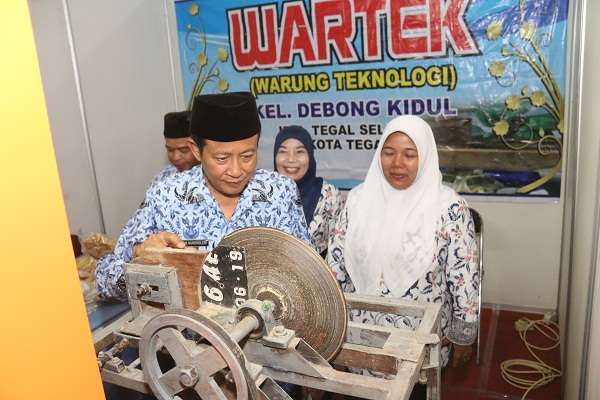Food technology is a dynamic field that merges science, nutrition, and innovation to enhance food safety, quality, and sustainability. As the global population grows and resources become more limited, the role of food technology graduates becomes increasingly crucial. This article delves into the multifaceted world of food technology graduates, exploring their education, competencies, career prospects, and the significant impact they have on the food industry and society.
Understanding Food Technology
Food technology is an interdisciplinary science drawing from chemistry, microbiology, engineering, and nutrition to develop new food products and processes. It’s about understanding the makeup of food and finding ways to make it safer, more nutritious, and more sustainable.
The Role of Food Technology in Society
Food technologists play a vital role in addressing global challenges such as food security, malnutrition, and environmental sustainability. They work on extending shelf life, improving nutritional value, and ensuring that food production practices are safe and environmentally friendly.
Educational Pathways
A Bachelor’s degree in Food Technology provides a comprehensive education that covers the principles of food science, food processing, and food safety.
Curriculum and Learning Outcomes
The curriculum typically includes courses in food chemistry, food microbiology, food processing, food engineering, and food safety management systems. Graduates are expected to master theoretical concepts and practical skills necessary for the food industry.
Core Competencies of Graduates
Graduates of food technology programs possess a diverse skill set that enables them to work effectively in various sectors of the food industry.
Skills and Expertise
Key competencies include the ability to apply scientific principles to food production, knowledge of food preservation and packaging techniques, and proficiency in quality control and food safety standards.
Career Opportunities
The food industry offers a wide range of career paths for food technology graduates, from production and quality assurance to research and development.
Job Roles and Responsibilities
Graduates can take up roles such as food production supervisors, quality control analysts, and R&D scientists. They may also work in regulatory affairs or as food marketing specialists.
Global Impact and Industry Growth
The food technology sector is rapidly growing, with innovations that have a significant impact on food production and consumption patterns worldwide.
Contributions to the Food Industry
Food technology graduates are at the forefront of developing sustainable food solutions and ensuring the safety and quality of food products, contributing to a healthier population and a better world.
Continuing Education and Professional Development
Many graduates choose to further their education with a Master’s degree or Ph.D., leading to opportunities in academia or advanced research positions.
Lifelong Learning in Food Technology
Continuing education allows food technology professionals to stay updated with the latest advancements and maintain their relevance in the ever-evolving field.
This article has provided a detailed exploration of the field of food technology and the pivotal role played by its graduates. From ensuring food safety and enhancing nutritional value to innovating sustainable food solutions, food technology graduates are integral to the advancement of the global food industry. Their education, skills, and dedication position them to make significant contributions to society, paving the way for a healthier and more sustainable future.




